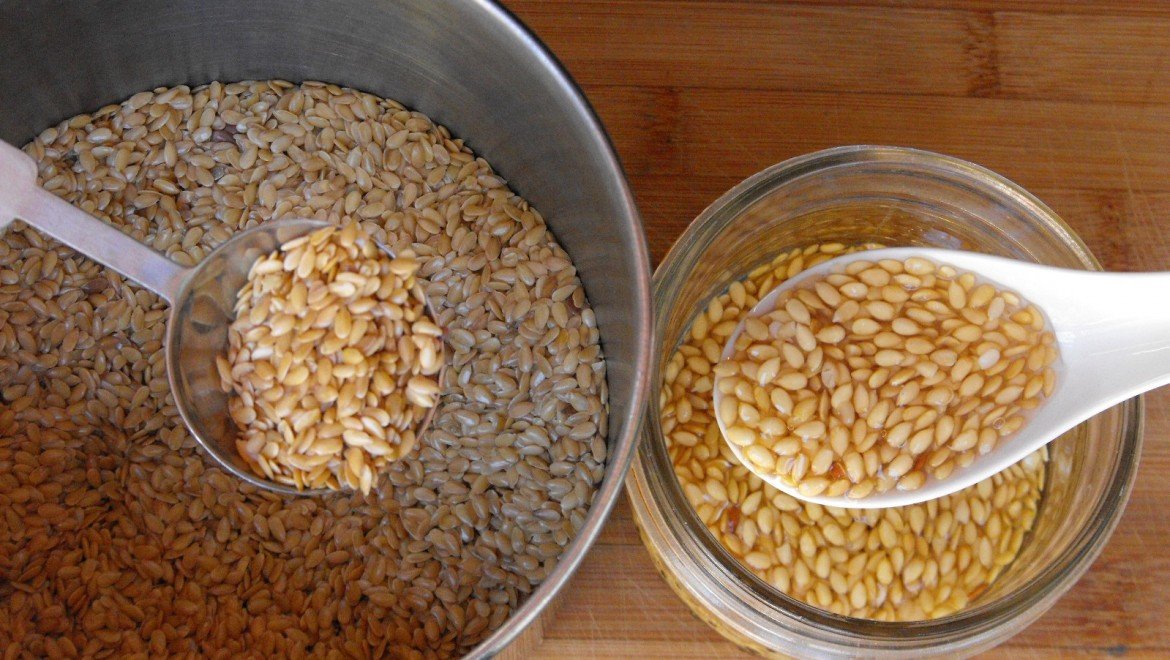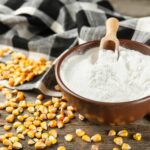Sesame seeds are one of the healthiest seeds in the world and are known for their high oil content. Whether it is black sesame seeds or white sesame seeds, hulled sesame seeds or unhulled sesame seeds, each variety and type offers incredible nutritional benefits and uses. There has always been a debate whether it is more beneficial to eat raw natural sesame seeds or roasted ones. While both varieties consist of similar quantities of vitamins, minerals, fibers and antioxidants, there are a few nutritional differences which must not be ignored. The following are a few of them which will help you understand which is a better option-raw natural sesame seeds or roasted sesame seeds.
Fat and Calories
As far as the calories are concerned, where on one hand, one ounce of raw and dried natural sesame seeds contain 163 calories, the same quantity of roasted sesame seeds contain 160 calories. Similarly, one ounce of natural sesame seeds contains 14.11 grams of fat and the same quantity of roasted sesame seeds contain 13.61 grams of fat. None of the varieties have any cholesterol which is a positive about natural sesame seeds.
Protein Content
Where on one hand, one ounce or raw and dry sesame seeds consist of 5.03 grams of protein, the same amount of roasted sesame seeds consist of 4.81 grams of protein which is slightly less. Thus if you are looking from a protein point of view, natural sesame seeds are a better option.
Minerals
Both raw and roasted sesame seeds are loaded with amazing and essential minerals. However as far as the differences are concerned, 1 ounce of dry and raw natural sesame seeds consists of more minerals than the roasted varieties. 1 oz of raw and dry sesame seeds contain 291 mg of calcium, 9.77 mg of selenium, and 4.13 mg of iron but on the other hand, the same amount of roasted sesame seeds contain fewer minerals.
Vitamins
It is important to note that both raw and roasted sesame seeds contain absolutely no Vitamin A, C, D, E and K. However both varieties consist of 0.22 mg of thiamin and 0.07 mg of riboflavin in 1 oz of quantity. This means that no matter which form of seeds you consume, they will provide you with the same vitamin content.
Sesame seeds manufacturers like HL Agro produce both hulled sesame seeds and unhulled natural sesame seeds, both of which can be consumed in raw and roasted forms. The sesame seed exporter, HL Agro is one of the leading ones in India and produces huge quantities of hulled & natural sesame seeds for local and export purposes. Now that you know the differences between roasted & natural sesame seeds, you can choose which form suits your nutritional requirements more.






